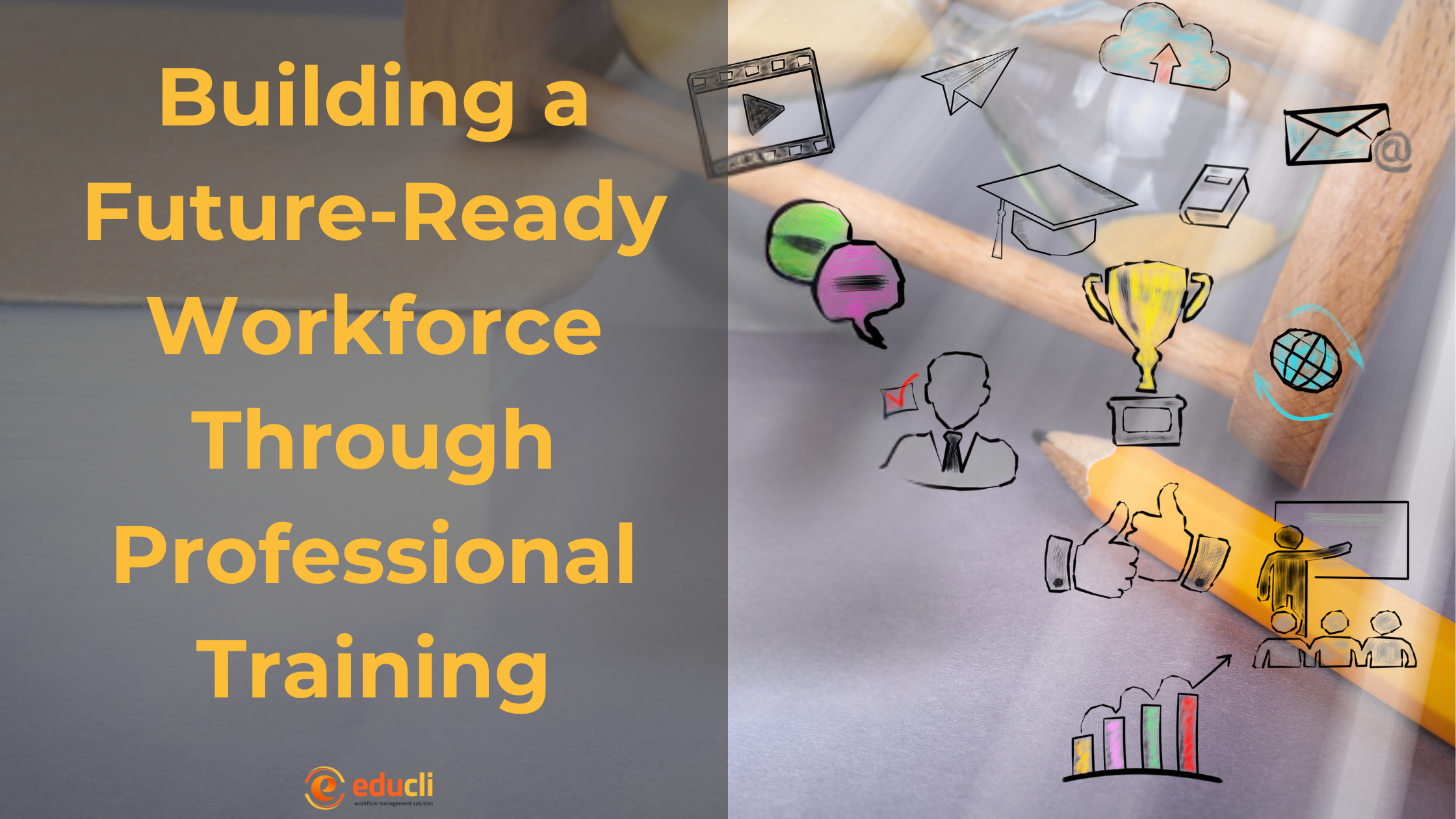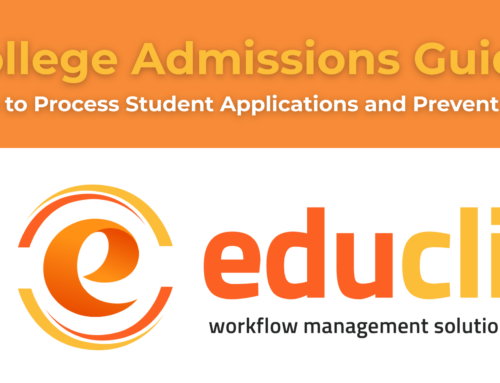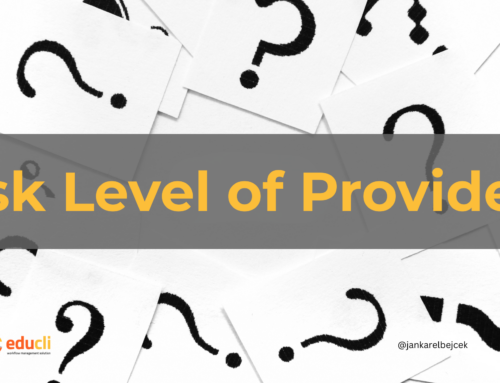In today’s rapidly evolving education sector, employee development and retention have become paramount for international education providers, particularly in college and agency administration. To stay competitive in 2024 and beyond, these organisations must focus on enhancing leadership skills and essential soft skills, like empathy, to cultivate a productive, motivated, and loyal workforce. A recent survey found that 76% of business owners prioritise these aspects of employee development, underscoring a strong industry-wide trend.
At the same time, the surge of AI is reshaping the job market, and the demand for digital competencies has never been higher. A global survey by Microsoft and LinkedIn revealed that 66% of business leaders are reluctant to hire candidates lacking AI skills, highlighting the urgency of developing these competencies within teams. With this shifting landscape, Educli’s professional training programs empower international education providers by delivering targeted, AI-focused training to bridge skill gaps and boost workforce capabilities.
Strategies for Supporting Employee Development and Retention
Personalised Learning Paths
Customised learning is fundamental to employee engagement and satisfaction. Training that aligns with specific roles, individual goals, and skill gaps fosters relevant learning experiences, leading to increased motivation and the successful application of new skills, which improves job satisfaction and retention.
By offering personalised learning paths, education providers can meet the unique developmental needs of each team member. Structured sequences of courses can be tailored to help employees progress through content relevant to their current role or future aspirations, supporting both upskilling and knowledge gap closure. Learning administrators can also leverage dynamic rules to automate parts of the training process, ensuring a seamless and efficient learning journey.
Embracing Continuous and Self-Directed Learning
Empowering employees to take charge of their learning enhances their development by allowing them to engage in short, focused learning experiences at their convenience. A flexible approach supports self-directed learning, making it more personalized and responsive to individual needs.
Providing access to a learning catalogue, where employees can explore and select courses that align with their career development, fosters a more active approach to skill acquisition. This approach encourages greater engagement and ownership of progress, with a flexible structure that appeals to various learning styles.
Access to Diverse Learning Content
A rich and diverse range of learning materials is essential for developing a workforce ready to meet the challenges of the modern job market. For college and agency administrators, offering content in multiple formats—such as videos, quizzes, and interactive simulations—enables employees to select learning methods that resonate with their preferences. This is particularly important when tackling complex subjects like AI or developing vital soft skills, as diverse content allows for varied approaches to understanding and skill development.
The variety of formats also makes learning more inclusive and appealing, helping employees to stay agile and competitive in a fast-changing work environment.
Enhancing Engagement Through Gamification
Incorporating gamification elements—like badges, leaderboards, and certificates—boosts employee motivation and engagement. These features create an interactive training experience that feels like a challenge rather than a requirement, encouraging completion and active participation.
The use of gamification has long-term benefits beyond immediate engagement, as interactive and immersive learning helps with information retention, fosters a growth mindset, and enhances problem-solving skills. For remote or hybrid teams, gamified elements contribute to a sense of community and can reduce isolation, driving workforce engagement and team cohesion.
Leveraging Data for Insights on Employee Growth
Analytics and reporting tools enable administrators to track development, identify skill gaps, and measure the effectiveness of learning programs. By adopting a data-driven approach, leaders can gain insights into employee progress, areas needing improvement, and how learning aligns with business objectives.
With tools to monitor learning metrics and predictive models for outcomes, organizations can personalize development programs to address specific needs, ensuring that training remains relevant and effective. Data-driven insights align employee growth with company goals, fostering a sense of purpose and belonging, which is vital for both retention and performance.
Supporting Career Progression and Internal Mobility
Competency-based learning enables employees to build practical, role-specific skills while visualizing their career trajectory within the organization. By aligning learning with career progression, organizations can help employees acquire the skills necessary for internal mobility and long-term success.
Internal mobility is crucial for employee retention and organizational agility. Providing clear learning paths and focusing on developing relevant competencies allows employees to grow within the company, reducing turnover and fostering a culture of continuous development. Moreover, internal mobility provides a strategic advantage by leveraging existing talent for new roles, reducing the need for external hiring.
Maximizing the Benefits of Employee Development Programs
To fully leverage employee development programs, international education providers should consider the following strategies:
- Align Learning Goals with Business Objectives
Design learning paths that support the broader company goals and address specific challenges. Ensure collaboration between managers and learning administrators to align individual and team development with organizational growth. - Regularly Update Learning Content
Refresh content to keep pace with industry trends and in-demand skills like AI and soft skills. Incorporate feedback to ensure courses remain relevant and engaging. - Utilize Analytics for Continuous Improvement
Use data insights to track engagement, performance, and areas for development. Personalize learning paths based on analytics to enhance the effectiveness of employee training.
By focusing on these approaches, international education providers can build a motivated, skilled, and adaptable workforce, equipped to meet the demands of the evolving education landscape. This, in turn, supports employee retention and strengthens the organization’s competitive position.
Get Started with staff training today https://forms.gle/bb2GHwZwfRE21Esr5
#EducliTraining #EmployeeDevelopment #RetentionStrategies #AIinEducation #ProfessionalGrowth #InternationalEducation #FutureReadyWorkforce #LeadershipSkills #SelfDirectedLearning





Leave A Comment